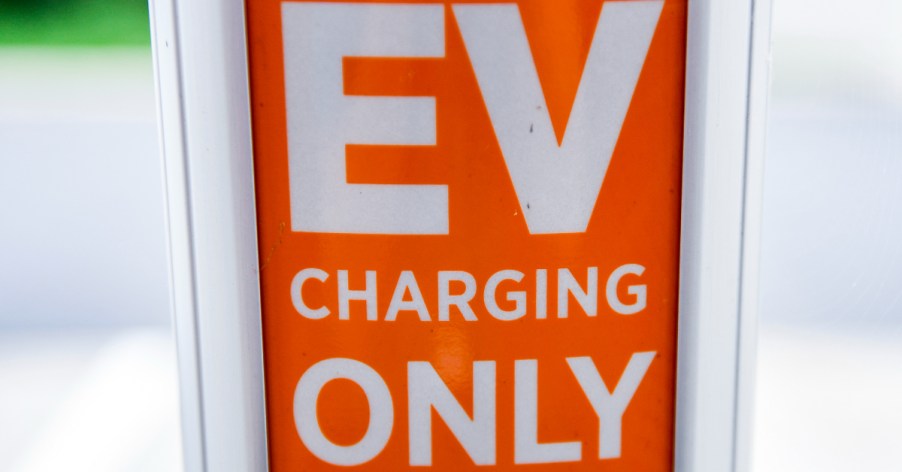
Everything You Need to Know About EV Tax Credits
The U.S. government incentivizes electric vehicle purchases. EV ownership is a lot easier thanks to tax credits that can save drivers a lot of money on their new vehicles. These EV tax credits can reduce purchase prices by thousands of dollars, potentially making your vehicle of interest much more affordable. But what vehicles are applicable for these huge discounts?
How does the $7500 tax credit work?

The federal government knew it had to do something to convince more consumers to purchase electric vehicles. In 2010 the government decided to award tax credits to new electric vehicle owners after their purchase. This way, more consumers would be inclined to purchase EVs, and the switch from gas-powered to electric vehicles would be easier. After all, folks should make the switch if there’s a financial incentive and an industry push toward EVs, right?
The government made a great choice because EV sales are starting to hit record highs. It took a while, but the electric vehicles offered by automakers were minimal until recently. Today it seems that most automakers are at least offering hybrid powertrain options. Ford has recently released the Ford Mustang Mach-E, proving that electric vehicles don’t have to be a compromise. What makes the EV tax credits so great is they apply to the majority, if not all EVs.
The tax credit is a reduction of your tax bill according to Internal Revenue Code Section 30D. This Internal Revenue Code ensures that any taxpayer who purchases a qualifying EV that tax year will receive a bill reduction that can amount to $7,500 in some states. To put this number into perspective, that’s like writing off over 0.18% of the total MSRP of a new Tesla Model 3. It can amount to great savings. According to Road Show by CNET, this tax credit could even rise to $12,500 soon.
Can a tax credit increase my refund?

Tax credits differ from tax deductions. Tax credits can increase the money you are refunded and reduce the money that you owe to the IRS that year. So yes, an electric vehicle tax credit can potentially increase your annual tax refund. This can be viewed in two ways.
You can check your EV of interest’s eligibility and consider the price reduced if it is eligible. Another way to look at it is, you’re paying the full price for your EV, and your Uncle Sam will pat you on the back for doing the right thing around tax time. Either way, electric vehicles are more affordable than ever before, and automakers like Tesla are looking to drop prices even lower.
Is there a tax credit for buying a Tesla in 2021?

There are certainly tax credits for buying Tesla models this year. In fact, many new Teslas are among the EVs that qualify for the $7,500 tax credit. Tesla hasn’t always provided affordable entry-level models to consumers. Its first vehicles were expensive luxury vehicles. Today Tesla’s best-sellers, the Tesla Model 3 and Model Y, have average new vehicle prices.
The tax credit is definitely a factor in Tesla’s rising popularity. As the Palo Alto, California-based automaker produces more affordable vehicles, Tesla will become accessible to most average consumers thanks to tax credits. The Biden administration and the U.S. government are trying to give potential EV owners the sweetest deals possible.



